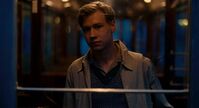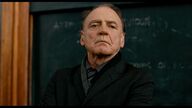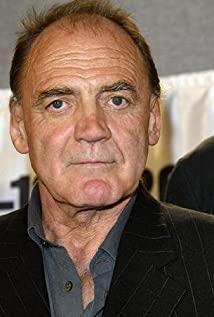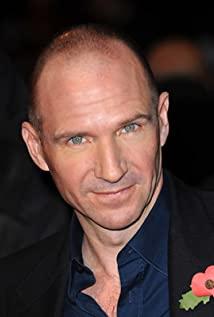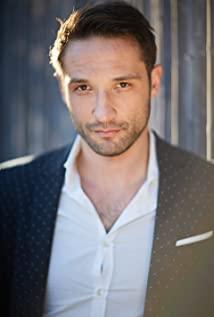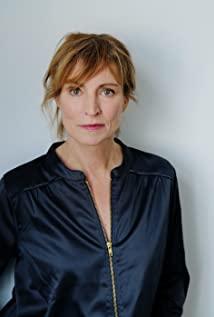In fact, the two films have nothing to do with each other at all. The only thing in common is that it's all hopeless, tragic love. A king and a teacher, a Nazi and a lawyer, the intersection of their lives only ended in one summer. Just as everyone feels that their life must be spent with another person, in the end most people spend it with themselves.
Judy is very good at acting. Kate is even better at acting. Chow Yun-fat is unbelievably handsome, and Ralph Fiennes is also handsome in all directions. Before watching "Anna and the King", I never thought that Chow Yun-fat was so fat and handsome.
Well, let's talk about the plot. The selling point of "Anna and the King" lies in the exchange and conflict between exotic customs and different cultures, and the selling point of "The Reader" lies in the exchange and conflict between different morals and cultured and uncultured. In fact, I knew the plot of the novel "The Reader" for a long time, but it is quite rare for the film to adapt so cleanly. It's actually quite a complicated story. Hannah is both culturally and morally illiterate. Hannah did not admit that she was illiterate in court, not only because she wanted to maintain her dignity in front of her lover, but also because she wanted to maintain her dignity in front of everyone. The final suicide also lies in the fact that after her morality was awakened by Michael's tape teaching her to read and write, she committed suicide out of guilt for the murder that year. Interpretation of a person in the big history becomes vivid and three-dimensional, we will not love her because of her love for Michael, nor will we hate her because of what she did to the prisoner. So the complexity of the movie is that what the director wants to show is far more than a simple love story, but also an ethical story. If it was just a love story, it would have been more bloody. For example, Hannah learned to read through Michael's tapes in prison, and wrote a letter to Michael for the first time. A few words, spelled out one by one with unskilled letters, how touching.
Another detail is quite touching, that is, the young Migao originally planned to visit Hannah and talk to her. I think he originally wanted to persuade Hannah to let her admit that she was illiterate, so as not to be severely punished. But outside the prison in the snow, he suddenly changed his mind and turned to leave. Those few seconds of hesitation made me see his love for Hannah, he wanted to protect and respect a person's dignified heart, and he helped her keep this secret. How far would you go to protect a secret?
In the end, Michael went to find the little girl who was a prisoner in the concentration camp. The contrast between the Jewish mansion and Hannah's cramped cell in the previous shot is striking, but which of them hurts more? No one could tell. In the end, the small tea crate containing Hannah's self-blame was placed next to the photo of the wealthy Jewish family at that time. Did Hannah complete the redemption and sublimation of herself? I hope so.
View more about The Reader reviews





